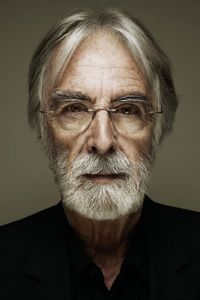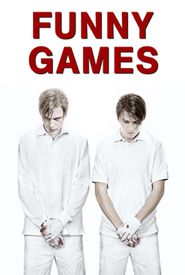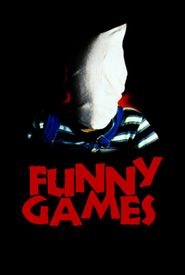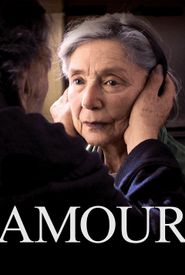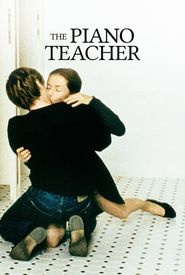Person biography:
Michael Haneke is a renowned Austrian filmmaker born on March 23, 1942, in Germany to a German father and an Austrian mother, both of whom were actors. He studied drama, philosophy, and psychology at the University of Vienna before pursuing a career in film criticism and television editing. Haneke's early work in television led him to direct his first feature film, The Seventh Continent, in 1989, which established his unique style of challenging and thought-provoking cinema.
Haneke's films often explore the human condition, social values, and internal values, often in a dark and unexpected way. He is known for his use of realistic and disturbing storytelling, which has sparked controversy and debate among audiences and critics. Some of his most notable films include Benny's Video, Funny Games, Code Unknown, The Piano Teacher, Time of the Wolf, Caché, The White Ribbon, Amour, and Happy End.
Throughout his career, Haneke has received numerous awards and nominations, including two Palme d'Or awards at the Cannes Film Festival and an Oscar nomination for Best Foreign Language Film. He has also worked on various theatre productions, including opera and drama.
